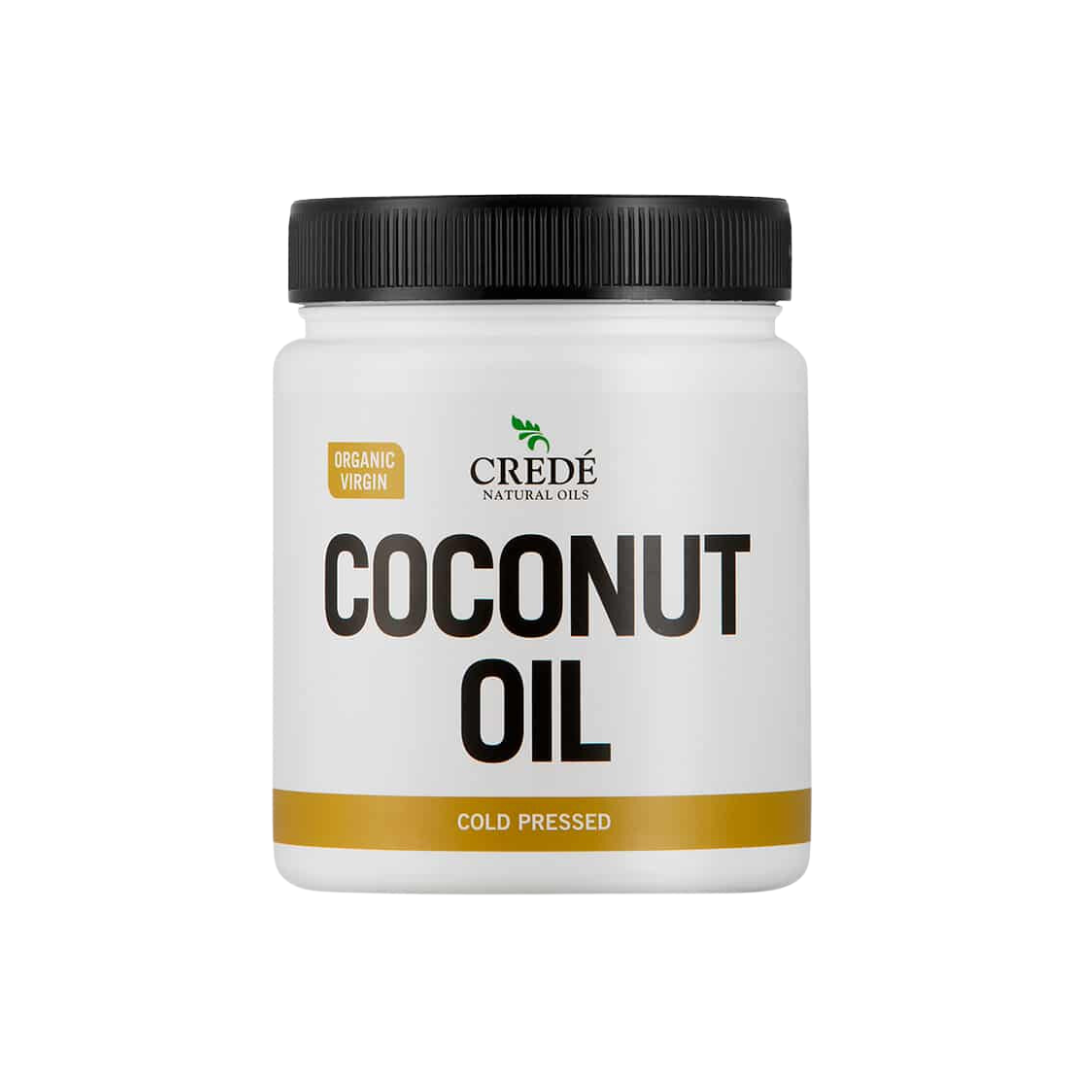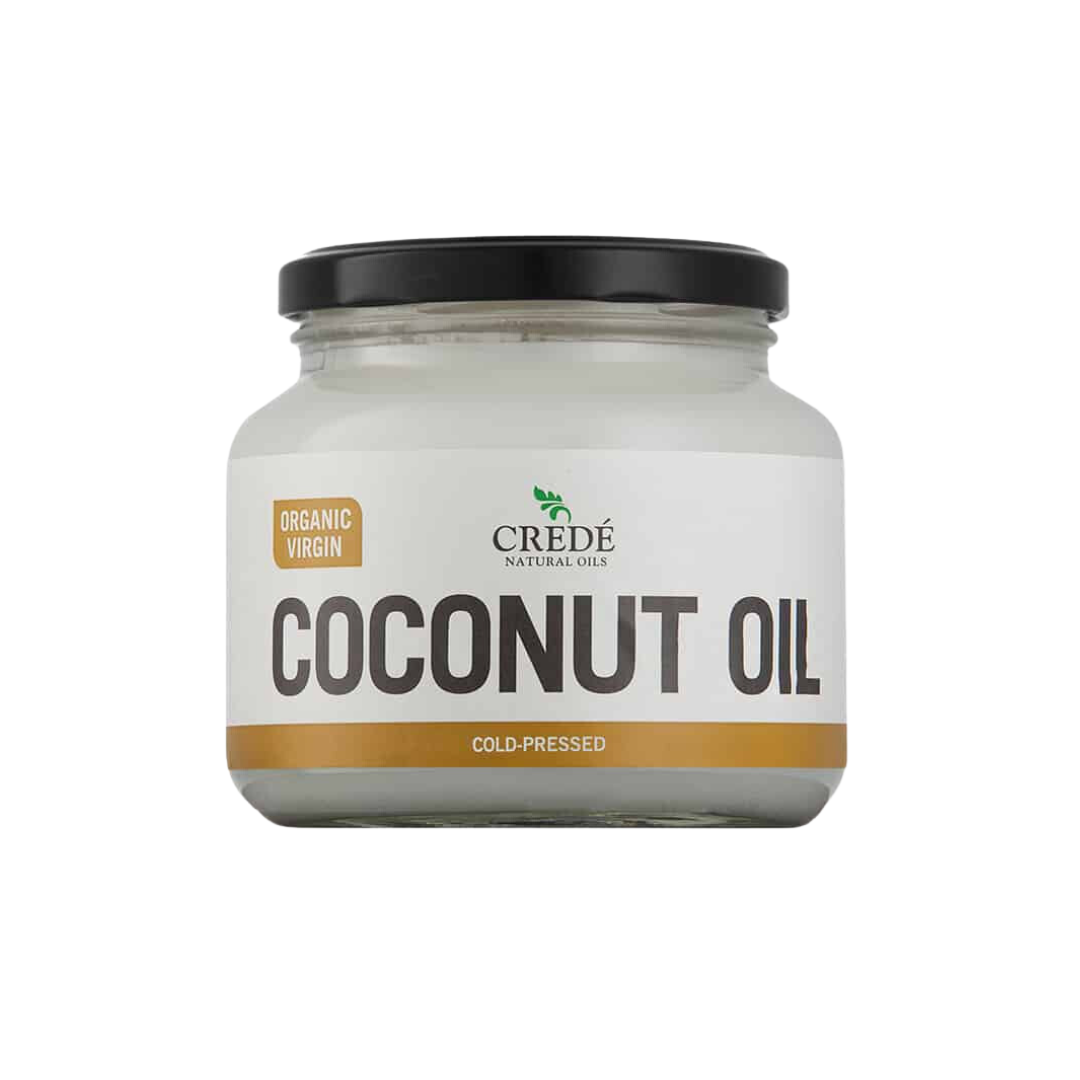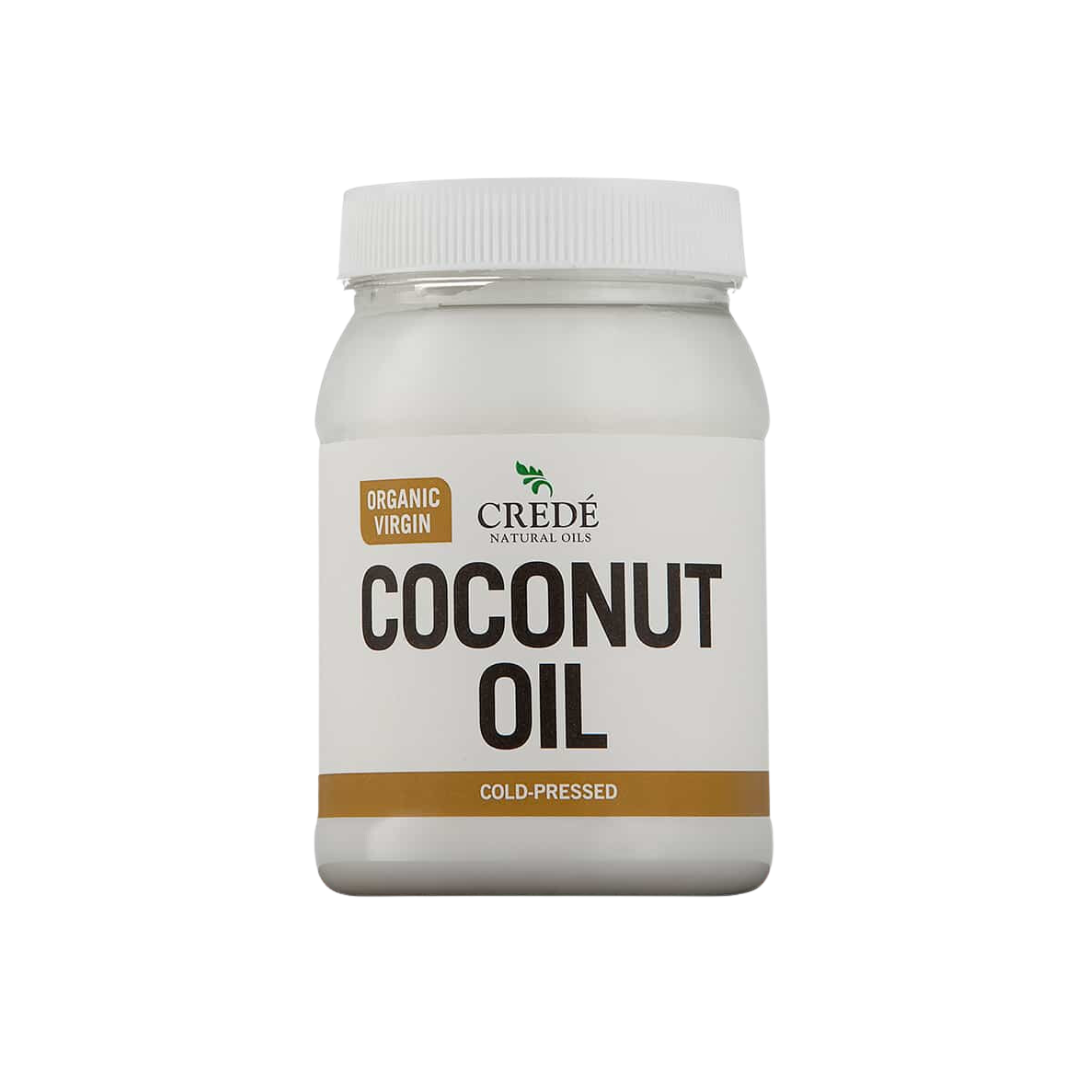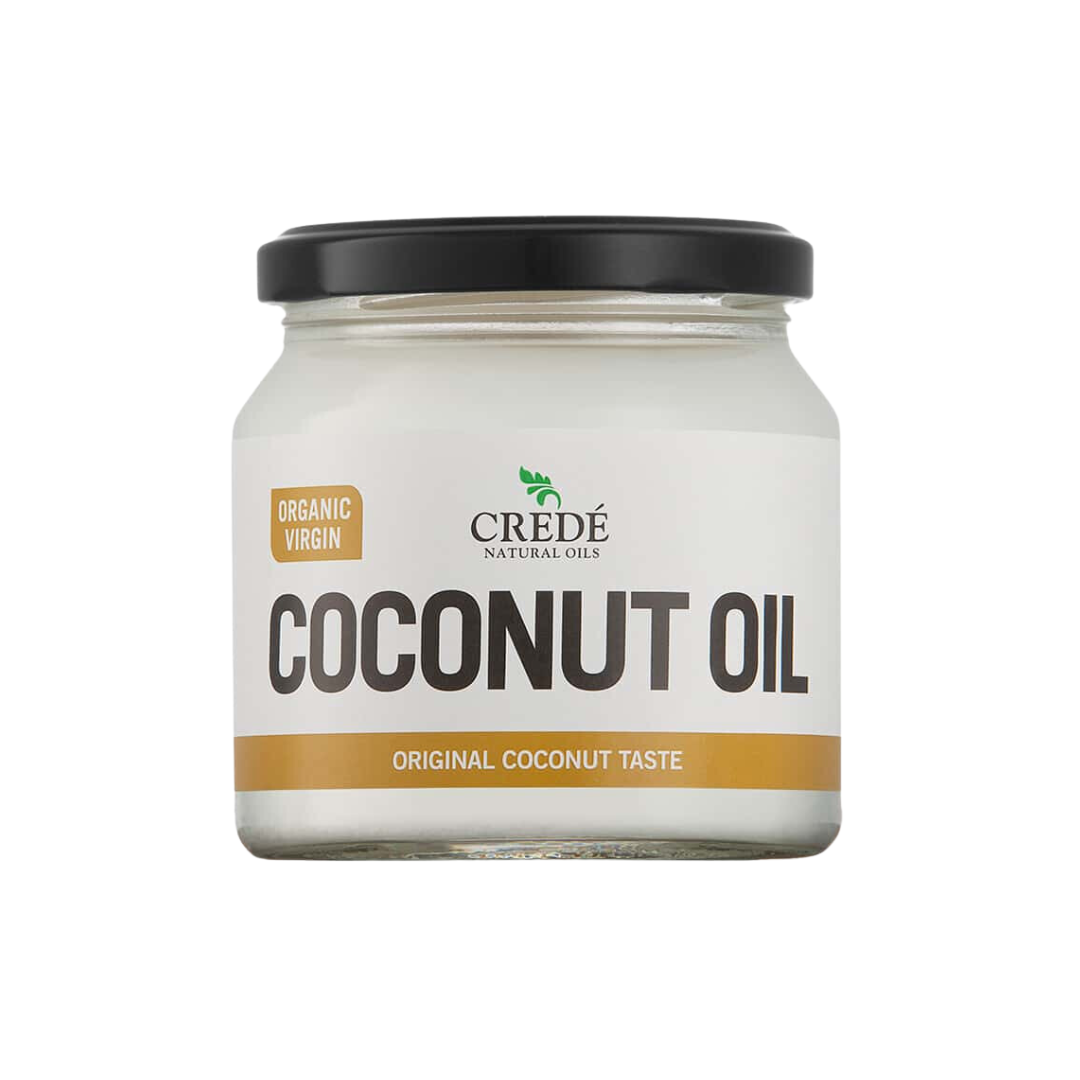greensquareshop
Organic Virgin Coconut Oil
Regular price
R 54.95 ZAR
Regular price
Sale price
R 54.95 ZAR
Unit price
per
Shipping calculated at checkout.
Couldn't load pickup availability
Experience the rich, natural goodness of our Organic Virgin Coconut Oil! Cold-pressed to retain its delightful coconut aroma and flavor, this versatile oil is perfect for cooking, baking, and skincare. Packed with essential nutrients and antioxidants, it’s your go-to for a healthy, vibrant lifestyle.
Description & Benefits
Description & Benefits
Ingredients
Ingredients
Dosage
Dosage





From easing anxiety to many forms of pain, CBD is proving to be more and more popular as a treatment for our furry pets.




